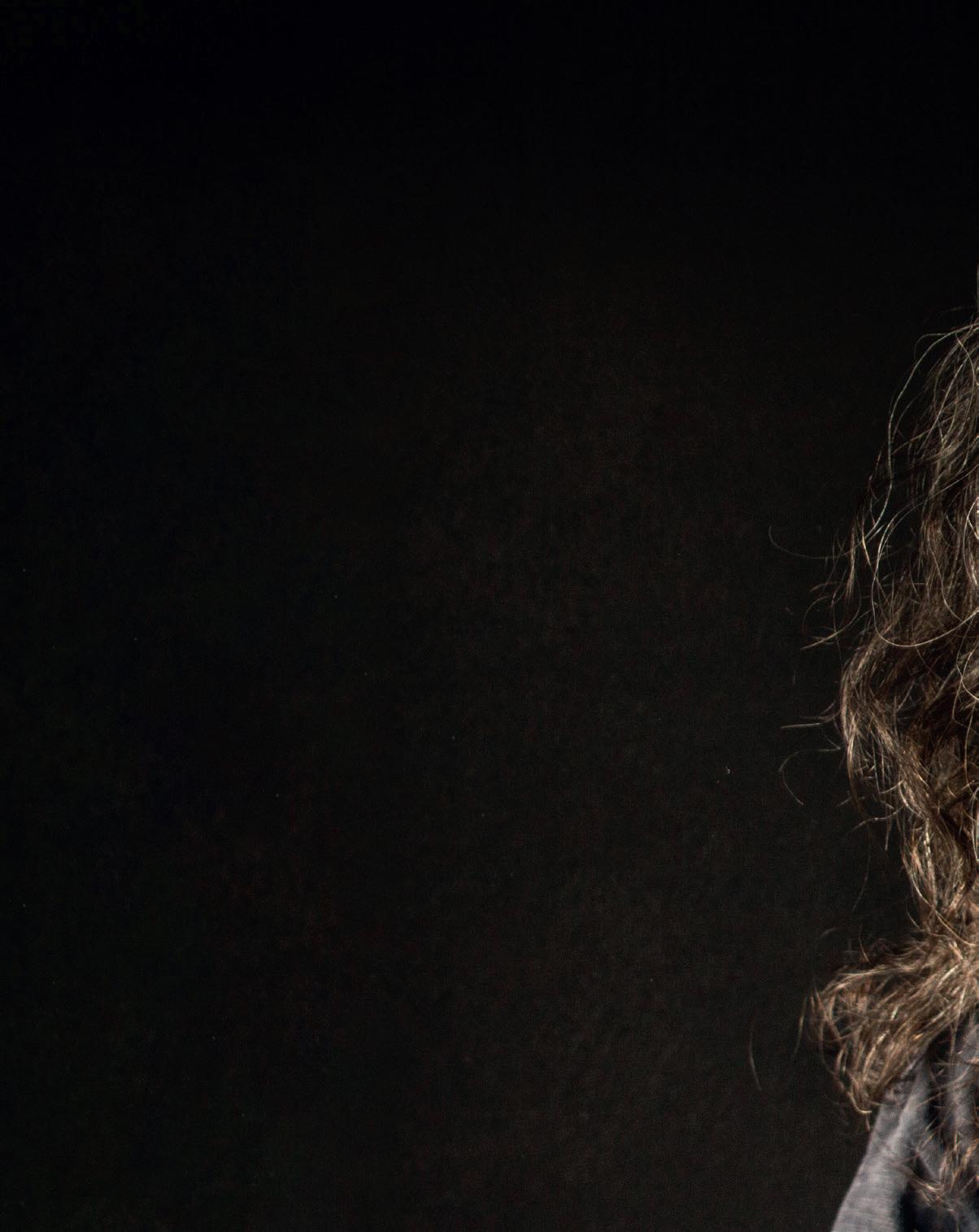
7 minute read
PRODUCER Darya Bassel
Weapons
Cameras
Darya Bassel is an internationally known and successful Ukrainian film producer who also works as the head of industry of Docudays UA International Human Rights Documentary Film Festival (Kyiv). She’s also one of the producers of the Butterfly Dream by Maksym Nakonechny, premiering in Un Certain Regard in Cannes.
By Maria Ulfsak Photo by Vadym Ilkov
Darya, where are you at the moment? Are you and your family safe? (The interview was conducted on April 20th, 2022. -ed.) Right now, I’m in Ivano-Frankivsk, it’s a beautiful small city in the West of Ukraine. But tomorrow I’m moving back to Kyiv. I am safe and my family too. My parents are in Odesa, they decided not to move.
You have been working both as a programmer for Docudays film festival, and as a successful film producer. In what form and how are you working at the moment? And under such enormous stress - how do you mentally cope? For the last couple of years, I’ve been shifting my activities at Docudays UA from the program department to the industry section. This also corresponds with my increased activity in the field of film production. Together with my colleague Vika Khomenko (producer of the award-winning film Stop-Zemlya), we started Moon Man production company in 2019, and since then life has been a roller coaster. It’s complicated to combine work at the festival and producing films, but I cannot imagine leaving the festival. I have spent 10 years of my life there, and it’s more than just a job.
It’s funny, while the life of many filmmakers in Ukraine drastically changed since the beginning of the war - many joined the army, or became active volunteers, or started working as fixers with international journalists - my life is almost the same, only more work. In addition to taking care of our ongoing productions, and completed films (we just had a release of the first film of our production company at CPH:DOX - Outside directed by Olha Zhurba), together with colleagues from Ukraine and abroad we started an initiative for documentary filmmakers who are actively shooting war and its consequences. It’s called Docu/Help and I invite everyone who wants to support Ukrainian documentary filmmakers to donate. We’ve bought equipment, vests, helmets, medical kits, gas masks. Now we are thinking about starting a call with small grants. We see that after almost 2 months of war a lot of filmmakers just need some support for basics: food, transport, flat rent.
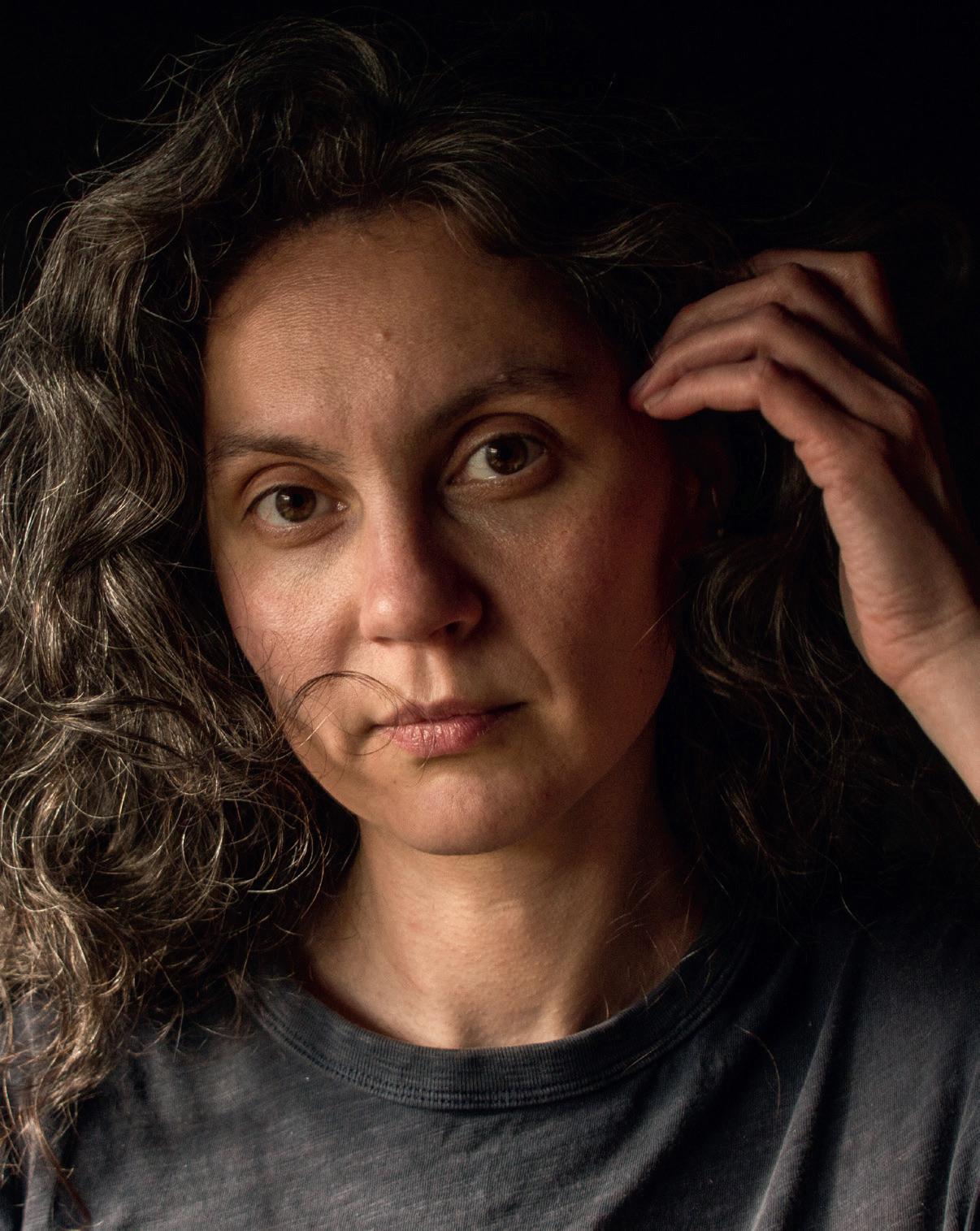
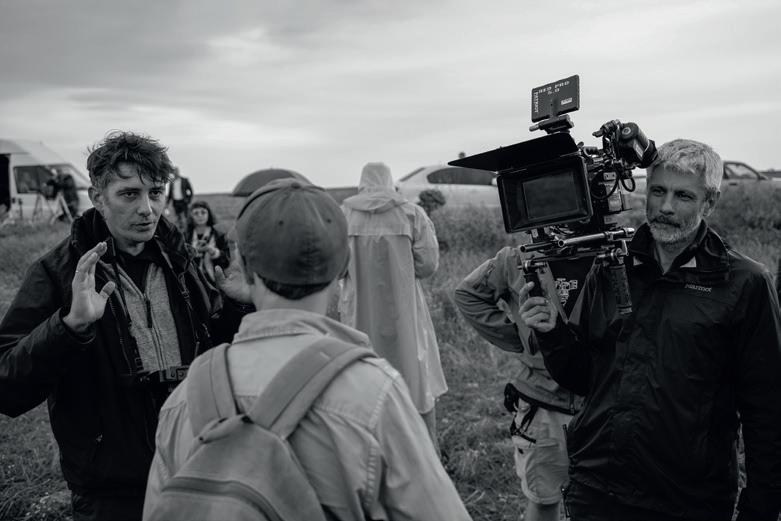
I read your statement from Cineuropa that was published in the beginning of March where you were very worried about Ukrainian voices still being ignored on the international cultural scene. Almost two months has passed, and the war is getting worse. Do you still feel the same? I actually do. The more we talk about Ukraine, the more the cultural world community talks about Russia. It would be interesting to understand why. Maybe because Russia is investing a lot of money in its international cultural representation, and international institutions and organizations do not feel comfortable to break these ‘effective’ connections? While big businesses are leaving Russia, while governments stop buying Russian gas and coal, film festivals and other cultural events seem to be totally disconnected from reality. They say we are ‘above’ this, culture is not politics. You know what I think about this? It’s a luxury to have the possibility to take such a position. You don’t have the luxury of being apolitical, or think that art and films exist in another universe, where we all can calmly reflect as friends on the genocide that is happening right now in front of our eyes. When it’s about your life or death, you don’t have this luxury. You know deep inside that culture is politics.
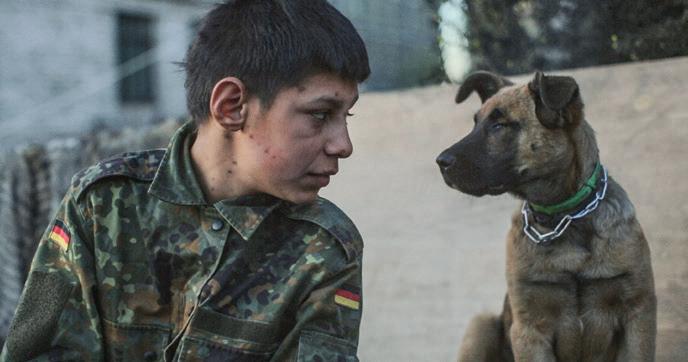
Ukrainian artists no longer have this luxury to just be artists. They are citizens. They stand for Ukraine, whether with weapons or cameras in their hands. It’s very naive to believe that culture
Outside by Ukrainian director Olha Zhurba.
The Editorial Office - Roman Bondarchuk, director, together with Vadym Ilkov, director of photography. © Oleksandr Techinskyi
Rita Burkovska as Lilia in Butterfly Vision (dir. Maksym Nakonechnyi). © Anastasia Vlasova
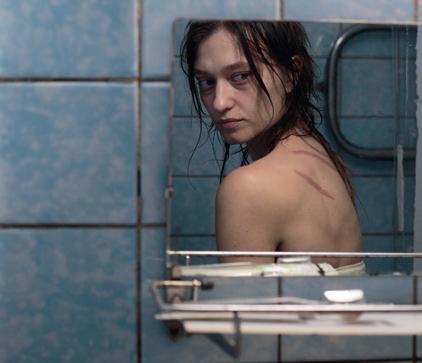
doesn’t interest the government as a tool of influence. And while you are watching Russian films you stay under the influence of Russia. It’s only the question about how conscious you want to be about this. Do you have the luxury to stay any longer in the illusion of a culture’s political neutrality?
You have been helping European festivals select recent Ukrainian films to keep Russia’s war in Ukraine from falling out of the news headlines. Are the festivals doing enough? Since the beginning of the war, we’ve received dozens of words of support and offers to host screenings of Ukrainian films from our international friends. We are extremely thankful, I cannot put into
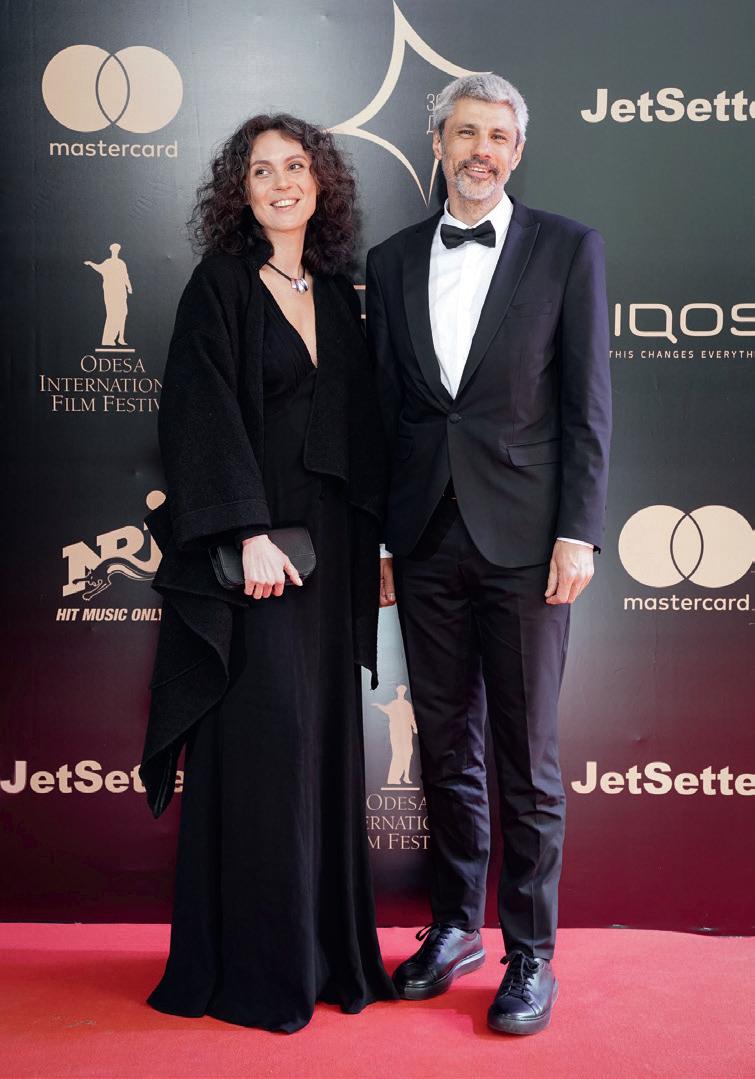
words how overwhelming it is to know we are part of such a wonderful community. At the same time, I am sad to witness that not many of our colleagues are ready to really go deep and do some research on the war and the reasons for it. I saw terrible films, which are literally anti-Ukrainian, in some programs that were created to support Ukraine. That’s why we’re really happy to help with the selection and give our commentary on the films. But we also realized that it’s important not only to screen films, but to organize talks and public discussions about the ongoing war and its context, to reveal the Ukrainian perspective on these issues.
We as the European film community - what else do you think we should do to help Ukrainian filmmakers that has not been done yet? As individuals, and as a community? The best help to Ukrainian filmmakers, as well as to every citizen of Ukraine, would be to stop the war. When our country will be at peace again, we can manage. We were actually doing not bad before Russia started the genocide of our nation.
So, please help us stop the war! Stop Russia on all levels: do not use its gas and oil, do not use its products of any kind!
Do not consume its cultural products. Only in full isolation, on the verge of a catastrophe, can Russian people and all the other nations occupied by Russia raise their heads and finally make a revolution. And push your governments to send Ukraine more weapons - our army needs it to defend the lives of innocent people.
You will be an external participant at the Producers on the Move programme at Cannes this year. It is a programme providing a solid and visible platform for the next generation of European filmmakers. What projects are you currently working on, and what are your goals there? We had several projects that were disrupted by the war, and I don’t know if we have the possibility to resume them. However, we still have three projects in different stages of production. The Editorial Office, the second feature of an award-winning filmmaker Roman Bondarchuk, is in post-production. It’s a co-production with Germany (Elemag pictures). We will present it at the PÖFF goes to Cannes.
Olha Zhurba, a filmmaker whose debut documentary we’ve just released at CPH:DOX, is shooting a new doc film now. It’s about refugees. The cinematography is just stunning. We already have some partners attached to this project, but since financing in Ukraine won’t be possible for the next year at least, we’re looking for more funding opportunities.
Also, if not for the war right now, we’d be in active pre-production with the project Stan, by first time filmmaker Nikon Romanchenko (editor of Berlinale winner Stop-Zemlya). This film got support from the Ukrainian State Film Agency, but the war changed our plans and now Nikon is preparing to re-write the script and we will start fundraising. It’s a very tender story of first love and first disappointment.
I’m really looking forward to gaining new knowledge and experiences and meeting good friends. The more I work in the production of indie films, the more I see that it is only possible if your colleagues are in a way your soulmates. EF
Darya Bassel and Vadym Ilkov at Ukrainian Film Academy Awards Night in 2019.






